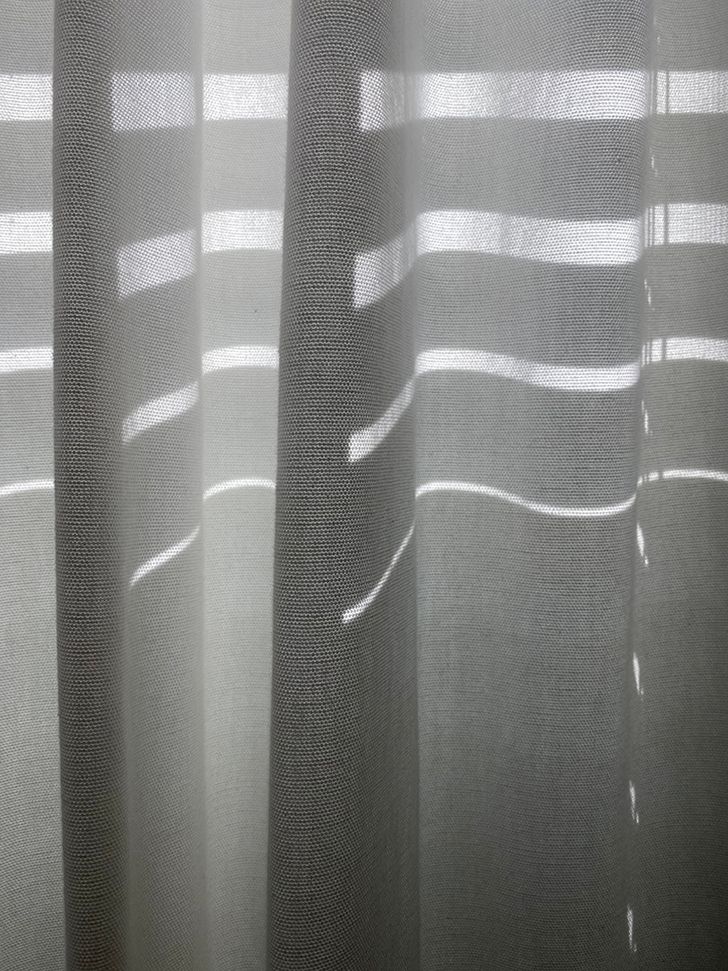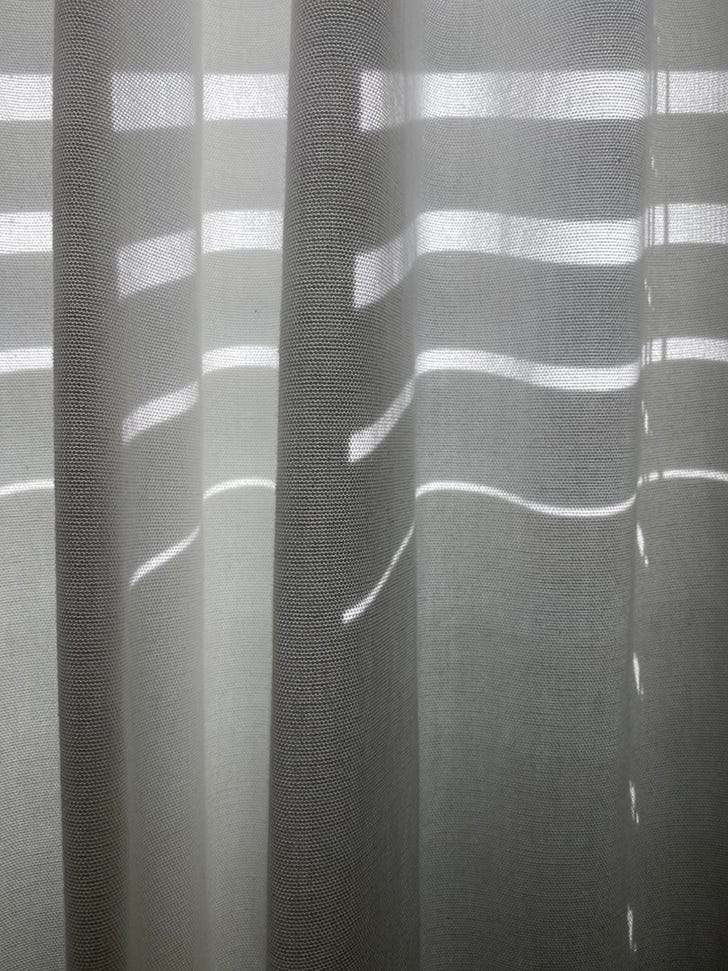I Don't Want to Have to Talk About This Again

Some housekeeping first: I’m going to be moving this newsletter back off of Substack shortly. I know that it’s only been a few months since I moved to Substack in the first place and I apologize for the inconvenience, but I just don’t feel comfortable hosting my newsletter on a platform that goes out of its way to subsidize anti-trans editorializing. If you’d like to know more about what’s going on at Substack, Jude Ellison Sady Doyle and Analee Newitz have written about it. I’m not interested in condemning anyone who chooses to stay, this is just what feels right for me.
Most likely I will be moving the newsletter to Buttondown, or possibly back to TinyLetter. Either way, you won’t have to do anything and hopefully the transition should be smooth for you. If you’ve got any questions for me, just let me know. Thanks for your patience.
So, yes, I have been thinking about anti-Asian violence. I’ve been thinking about it all year, and after the shooting in Atlanta, I am sad and scared and so, so tired. It’s on my mind, of course. But I haven’t been talking about it much online.
Partly, I rankle at the idea that I as an Asian American need to talk about anti-Asian violence in America. I’ve talked about racism a lot over the course of my lifetime, and I’ve talked about it a lot more as an activist over the past few years. I think it’s important to talk about. And certainly I know that waiting around for white people to fix racism is untenable. But I still feel that the time it’s most important for me to speak up is when my own communities are the ones perpetrating or benefiting from injustice. It shouldn’t need to be Asian people speaking out about anti-Asian racism, just like it shouldn’t need to be women speaking out about misogyny or queer people speaking out about homophobia.
But also, I find myself just getting tired of yelling about things online, and wondering how much it ends up mattering in the first place. There’s a conversation to be had about bearing witness, I think. And I think that there are ways that increasing awareness can affect the world in more material ways. But shouting on Twitter isn’t the same as organizing or activism, and at least for me it’s not even particularly cathartic anymore.
What I want to know is what can we do on a practical level to actually make things better? Donating to a GoFundMe for a victim’s family or to a grassroots organization working in vulnerable communities is a good thing to do, surely, but I’m thinking about how often small orgs end up being overwhelmed by donations after a tragedy, and, even more, how many people let a small donation be the end of their involvement. What’s the amount of money you can donate before it’s okay to stop thinking about an issue? And is it okay to just throw money at a problem and hope that someone else will do the work? My point here isn’t to shame anyone else or discourage you from donating, these are questions I’m trying to ask myself, too.
I’m skeptical of calls for more policing or hate crime enforcement, not only because of the ways that our law enforcement and criminal justice systems so often treat white suspects so differently from BIPOC suspects, but also because of the ways that our criminal justice and immigration systems are often the sources of violence against marginalized communities to begin with.
I’m skeptical, too, that just talking to our racist uncles is going to stop racist violence. It’s not to say that we shouldn’t talk to our parents or uncles or spouses or kids—I think we should have those conversations, assuming we can do so without putting ourselves or others in danger. It’s just that I don’t think the people who most need to hear these messages are likely to be open enough to receive them. Maybe I’m wrong about this, and I’m glad people want to try, but I just don’t have it in me most of the time to be the one to try to educate people about why racism is bad, or what racism even is.
Maybe it’s just because my activism focuses on legislation and public policy, but more and more I find myself thinking that the best thing we can do is make policy changes that materially help marginalized communities. And not through things like hate crime laws or increasing police presence, but rather things like immigration reform or healthcare reform or policy to address wealth inequality. In California right now there are, for example, bills to provide universal healthcare regardless of immigration status, and to establish a pilot program for community-based alternatives to policing. There is a bill to provide food assistance to all residents, regardless of immigration status. There are a number of bills to try to provide affordable housing. Those are all things we could advocate for to our elected officials—and I plan to do so. It’s not that immigrant and BIPOC communities having access to housing and healthcare and education and other resources will stop a racist gunman from opening fire. But it makes more and more sense to me that racist attitudes change after material conditions change for marginalized races, not before. That racism is not the cause of inequality but a tool invented to justify inequality, and so by addressing the inequality first, we provide a path to addressing attitudes.
But, look, I am tired of having to talk about racism and injustice. I want to talk about art and books and podcasting and interviewing. I want to talk about nostalgia and longing and the bittersweetness of watching my children grow up. I want there to be a good time to talk about things that aren’t dire and global. Maybe it’s a selfish desire to have and insensitive to admit it out loud—probably it is, I don’t know—but I am just worn out. The world goes on being awful no matter what I want, of course, but sometimes I need to look away for a while.
And I think that maybe what drives my feeling of resentment is that even still, the people who should be taking responsibility and should be the ones looking and speaking up, many of them aren’t. It’s not to say that none are—indeed, I’ve been glad to see lots of white and other non-Asian people speaking out over the past few days. But as heartening as it is to see non-Asian allies stepping up, I still have to know and even see that there are so many people who think America doesn’t have a racism problem, who throw around the model minority myth, who are just shut into their little bubbles and refusing to see what they don’t want to see.
I don’t have a big conclusion to wrap all this up. I’m tired and angry and sad and scared. I’m heartbroken for the victims and their families. I want people to be better. I’m trying my best.
Here, a Moment of Calm

What I’ve Been Up To
It’s been more than three months since the last time I remembered to include this section of the newsletter, and in that time I’ve put out four new episodes of Keep the Channel Open. The most recent was this week’s KTCO Book Club conversation with Gabrielle Bates, about Brigit Pegeen Kelly’s poetry collection Song. Which, I don’t know if it’s uncouth to repeat praise but David Naimon said it was “one of the best conversations ever on KTCO for sure.”
I also released conversations with poets Kary Wayson and Kazim Ali, and another KTCO Book Club conversation with my friend Wm Henry Morris, about Sofia Samatar’s short story collection Tender.
#MatteredToMe
It’s Friday. Here are a few things that mattered to me recently:
- I found myself quite struck by these four short poems by Victoria Chang, but particularly by the first one, titled "Thanks." I've read the three lines and sixteen words six or seven times in the past few minutes and each time they've seemed to me different.
- I don't know a way to say this that makes more sense but there is this sense of hopeful desperation, or perhaps desperate hope, to Devin Kelly's poem "Self Care in the Land of a Thousand Horses" that I found both compelling and familiar.
- Nina Li Coomes's 2018 piece "On Jellyfish" is about depression, and it contains a particularly intimate depiction of depression. It's not a topic that I've been actively seeking to read about but somehow I've managed to find my way to several such pieces recently. What strikes me about this one is the way that it looks right at depression, it doesn't look away, and in doing so it manages to find a way through to something like relief or resolve or gratitude.
- Marina Lostetter did a guest essay for Sarah Gailey's newsletter this week, about aggregate storytelling from folk tales to the Arthurian legend to the show Supernatural, and how storytelling can be an expression of community. I loved it.
- Amber Sparks's 2019 flash story "Everything is Terrible but You Should Read This Story" fascinates me in how its use of negation makes all of the terrible things it negates visible, and yet also makes visible the act of care that the story is.
- The line at the center of Gabrielle Bates's poem "Time Lapse" stopped me in my tracks, as I think it's intended to. How that functions in the poem, breaking and connecting the beginning and end, is breathtaking to me. (CW: reference to gendered violence)
- I always like Brandon Taylor's letters. Being someone who also came to the arts haphazardly and on my own, I related strongly to the discussion in this week’s letter of finding "where you fit in the constellation of the culture." I'm also very interested in the ways that our views of sentimentality and Romanticism may be changing in art and literature, so this is really hitting all the notes for me.
- I've said this before, and I'm sure I'll say it again: Yanyi's letters are remarkable for their consistent generosity. Here he talks about community, fear of intimacy, reciprocal kindness, and love.
- I also very much appreciated Yanyi's letter from Wednesday. I think the feeling he describes of being so tired of having to write about death, and yet feeling a responsibility to do so, is something many of us feel and have felt if we are from vulnerable communities.
- Finally, I finished reading Anahid Nersessian's book Keats's Odes: A Lover's Discourse this week. I thought it was fascinating and moving in how it combines scholarship and personal storytelling. It felt, in a way, like a poem, itself.
As always, this is just a portion of what has mattered to me recently. I've been thinking a lot about how kindness is necessary for a better world, but not sufficient to get us there. I'm grateful to everyone I see doing the work.
Thank you, and take care.
-Mike